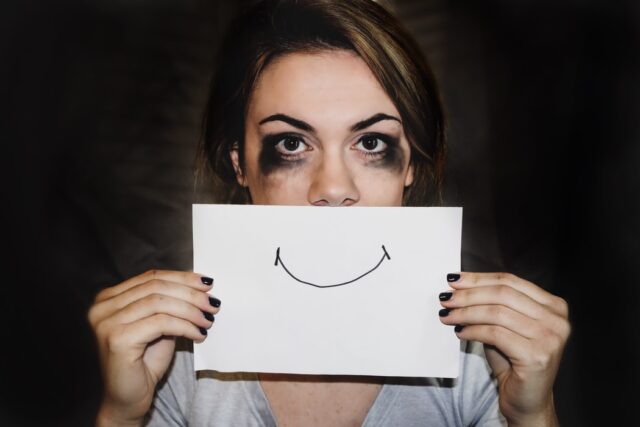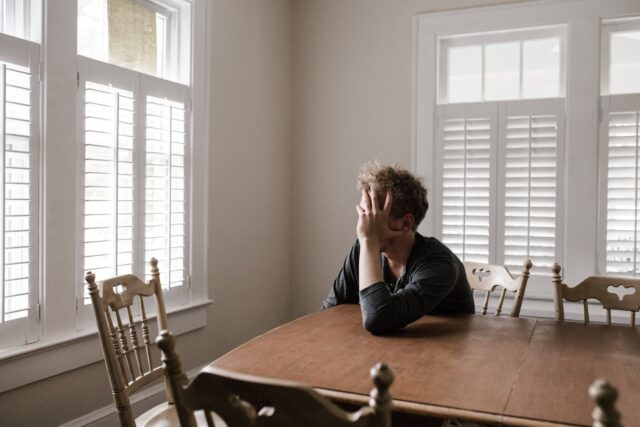
After a diagnosis, the next step for patients and doctors is to pursue treatment options: surgery, medication, or lifestyle changes, depending on the medical issue. However, when the diagnosis has something to do with mental health such as depression, about two-thirds of individuals won’t seek help of any sort. This is because most people fear the social stigma, lack sufficient resources for treatment, doubt that the options available to them could actually help, or think that the path to recovery isn’t always clear.
However, depression can be treated. And thanks to the growing effort to screen and educate people about the disease, more and more people are being diagnosed, starting treatment, and getting the chance to have their life back.
With that said, if you’ve been diagnosed with depression, you might be wondering what you should do next. Here are the important steps to take:
Take The Time To Process
For a lot of people, a depression diagnosis comes out of the blue. People only visit their primary care doctor for regular checkups or consultations regarding unrelated pains or growing concerns in their bodies. They expect common physical issues to come up— infections, injury, or something more serious like diabetes.
So it’s likely that you’ll be caught off-guard when you’re told ‘You have depression’ during one of your regular checkups. And even if you might’ve already suspected that you’re depressed, you could still be reluctant to acknowledge it and ask about possible treatments. Most people would just tune out or shut down after the news.
However, if you find yourself in such a situation at the doctor’s office, know that you’re not alone. In fact, statistics from the World Health Organization (WHO) show that depression affects 264 million people worldwide.
So take a breather and give yourself enough time to process the news. It would also help to visit here to understand the basics of a depression diagnosis.

Get A Referral
If you’re diagnosed in the primary care setting as most people are, chances are your general doctor doesn’t have a lot of time to discuss treatment options with you. While they may prescribe antidepressants, you need a specialized health professional who can offer you more options and help you understand each of them.
Your general doctor should be able to recommend you to a professional specializing in mental health. If you have health insurance, then you can also search for in-network specialists on your insurance provider’s website.
Look Into Your Treatment Options
There are two main forms of depression treatment: psychotherapy, also known as talk therapy, and medications. These treatments can be pursued individually or together, and there’s no right or wrong answer when it comes to which treatment is best.
Psychotherapy
Psychotherapy is the general term for treating mental health issues by talking to a psychologist, psychiatrist, or other mental health practitioners.
Cognitive-behavioral treatment (CBT) is considered the most studied of the psychotherapies. It works by addressing your behaviors and thoughts that establish depression.
Depressed people tend to withdraw from their social circle. They no longer like to participate in social interactions and even think that they’re unappealing company. Thus, they spend more time alone and prefer less time around people whose companionship they once enjoyed. As a result, their depression only gets worse, and the loop of isolation continues.
CBT and other psychotherapy can help break this loop by challenging your behaviors and thoughts that reinforce your social isolation and helping you engage with people again. Also, you’ll be educated on new ways to cope, reducing stress and anxiety, and managing your depression.

Antidepressants
Antidepressants have had a bad reputation in the past few years, with the belief that pharmaceutical companies have been burying negative results of these medications while exaggerating their effectiveness.
However, antidepressants are indeed fairly effective. They’re given to patients when their depression is severe, talk therapy hasn’t been effective, or they just don’t want to see a therapist.
The problem with antidepressants is that they’re often not well managed. In general, it takes four to six weeks before you see any results. However, if you don’t feel any effect by then, your doctor will usually increase your dosage. If it doesn’t result in any positive effect after another six to eight weeks, then another medication should be prescribed.
For most people, though, they only get a prescription from their doctor and stay on the ineffective and low dose of medication without review for months or even years. Since they don’t seem to help improve their depression, most people just stop taking the medications.
However, any decisions about changing the dose or stopping medication should be made in consultation with an expert. Not only can they offer you alternatives, but they can also help in monitoring a particular antidepressant’s effects on your mood should there be some changes made to your prescription.
Tell Your Loved Ones
Oftentimes, people diagnosed with depression don’t like to tell their close social circle about it, mainly because of the social stigma around mental illnesses. This is probably the biggest barrier preventing patients from recovering.
However, it’s important to talk about depression in an inspiring and honest way in order to break down this unhelpful stigma. Opening up to friends and family about your mental problem will be difficult, but it’ll significantly help your case. Your therapist should help guide you in starting such difficult conversations.

Make Lifestyle Changes
Diet and activity levels don’t cause depression. However, what you drink and eat and how active you are have a significant impact on your mood, mind, and outlook in life. It’s a recognized fact that daily physical activity and a healthy diet can improve your mental state.
Changing your lifestyle may be challenging, but it’s possible. Your doctor should help you in making lifestyle changes, guiding you through proper healthy eating habits and workouts in conjunction with other treatments.
Conclusion
Being diagnosed with depression can certainly be daunting. But know this: you’re not alone, and your condition is absolutely not untreatable. As soon as you wrap your mind around your diagnosis and take the necessary steps mentioned above, you’re already halfway through your journey to recovery.












